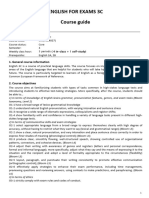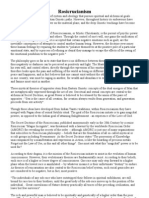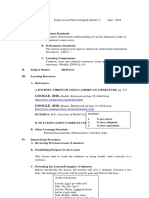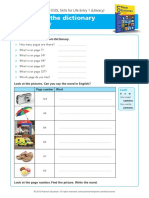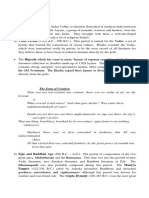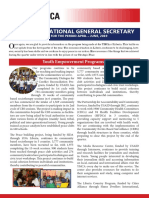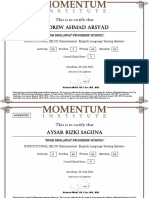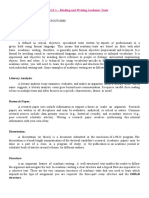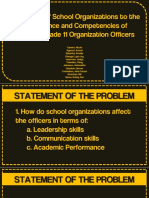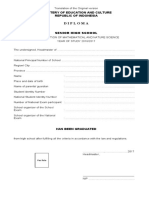0% found this document useful (0 votes)
73 views23 pagesWeek 1 - Intro
This document provides information for a course called English 3. It outlines the contact information for the instructor, course rules regarding respect, cheating, and speaking English. It also details the course assessment breakdown and grading scale. The course assessment includes essays, presentations, midterm and final exams. There is no formal homework but practice worksheets will be provided. Participation will be checked periodically. The exams are designed around IELTS, TOEFL, and C1 tests. The document discusses universities' English proficiency requirements and focuses on developing communication skills through reading, writing, speaking and listening exercises.
Uploaded by
Iako KanjaradzeCopyright
© © All Rights Reserved
We take content rights seriously. If you suspect this is your content, claim it here.
Available Formats
Download as PPTX, PDF, TXT or read online on Scribd
0% found this document useful (0 votes)
73 views23 pagesWeek 1 - Intro
This document provides information for a course called English 3. It outlines the contact information for the instructor, course rules regarding respect, cheating, and speaking English. It also details the course assessment breakdown and grading scale. The course assessment includes essays, presentations, midterm and final exams. There is no formal homework but practice worksheets will be provided. Participation will be checked periodically. The exams are designed around IELTS, TOEFL, and C1 tests. The document discusses universities' English proficiency requirements and focuses on developing communication skills through reading, writing, speaking and listening exercises.
Uploaded by
Iako KanjaradzeCopyright
© © All Rights Reserved
We take content rights seriously. If you suspect this is your content, claim it here.
Available Formats
Download as PPTX, PDF, TXT or read online on Scribd
/ 23








































